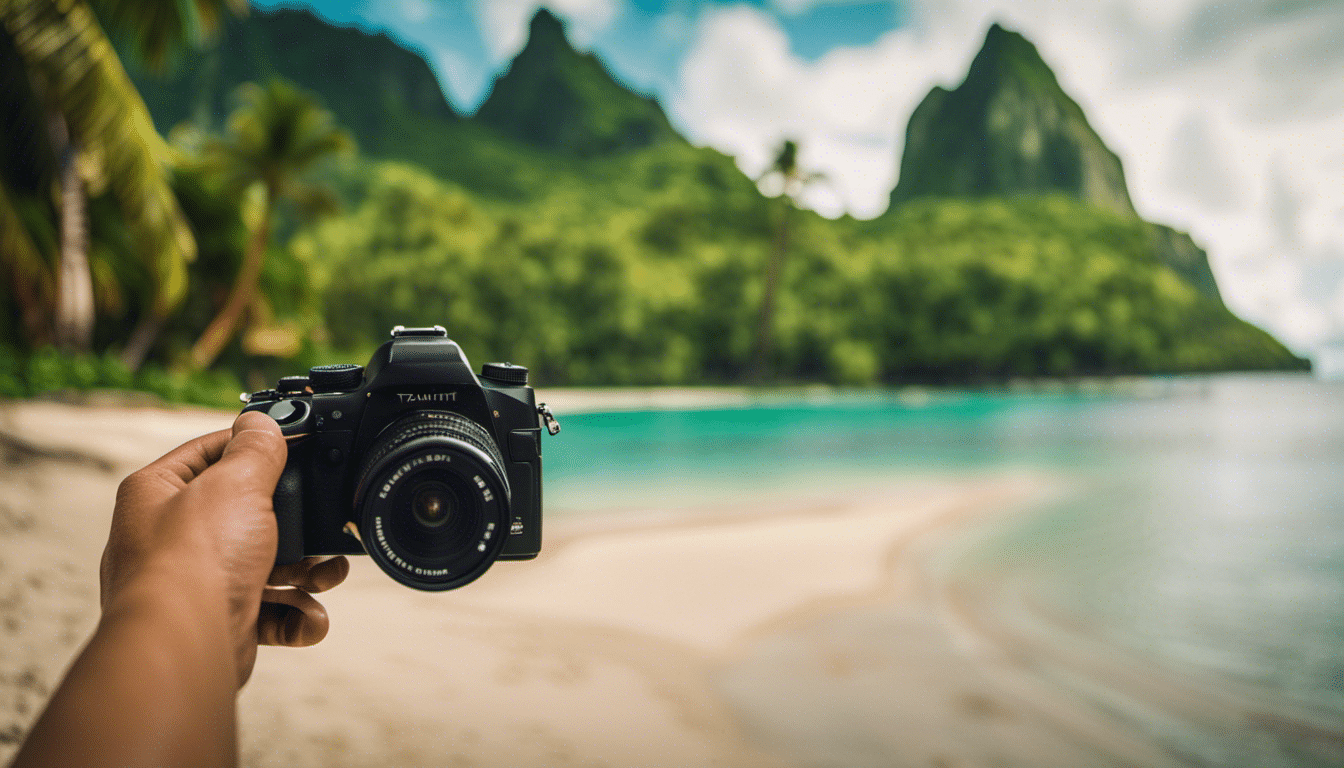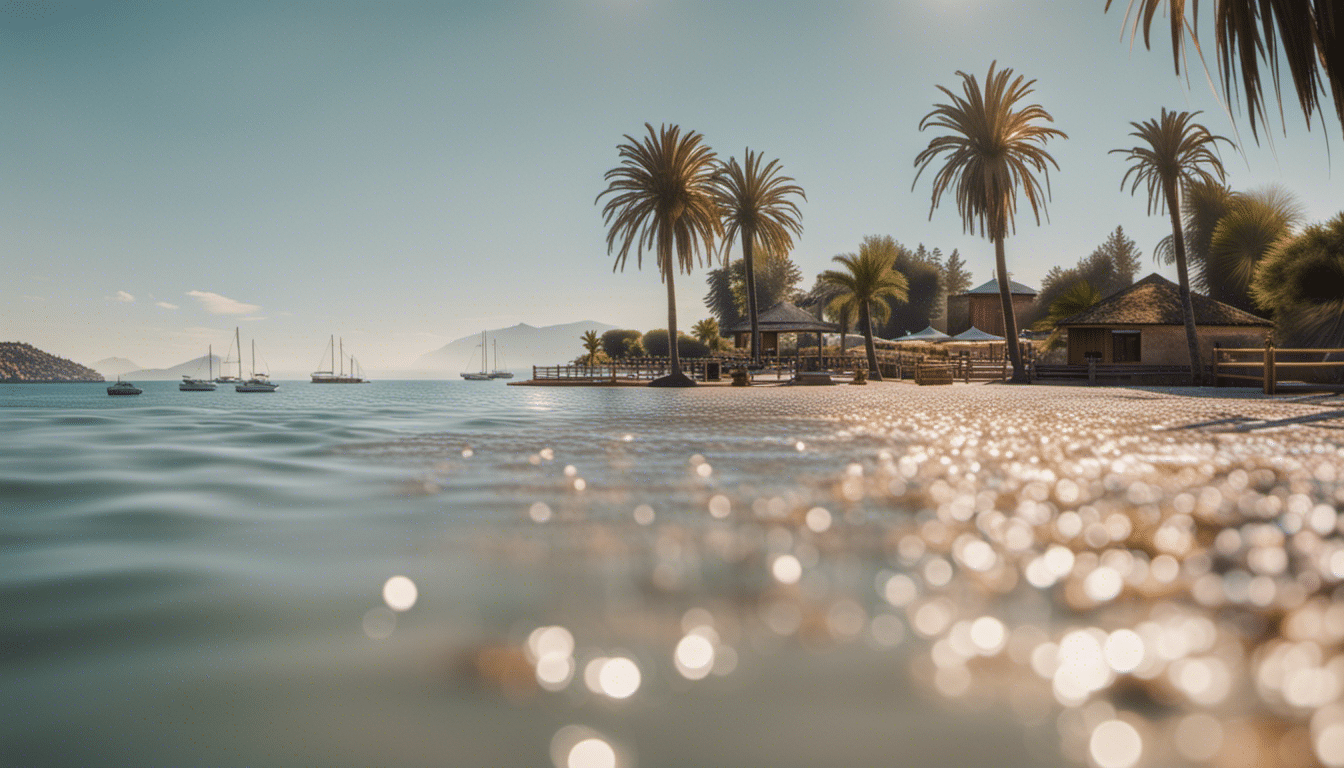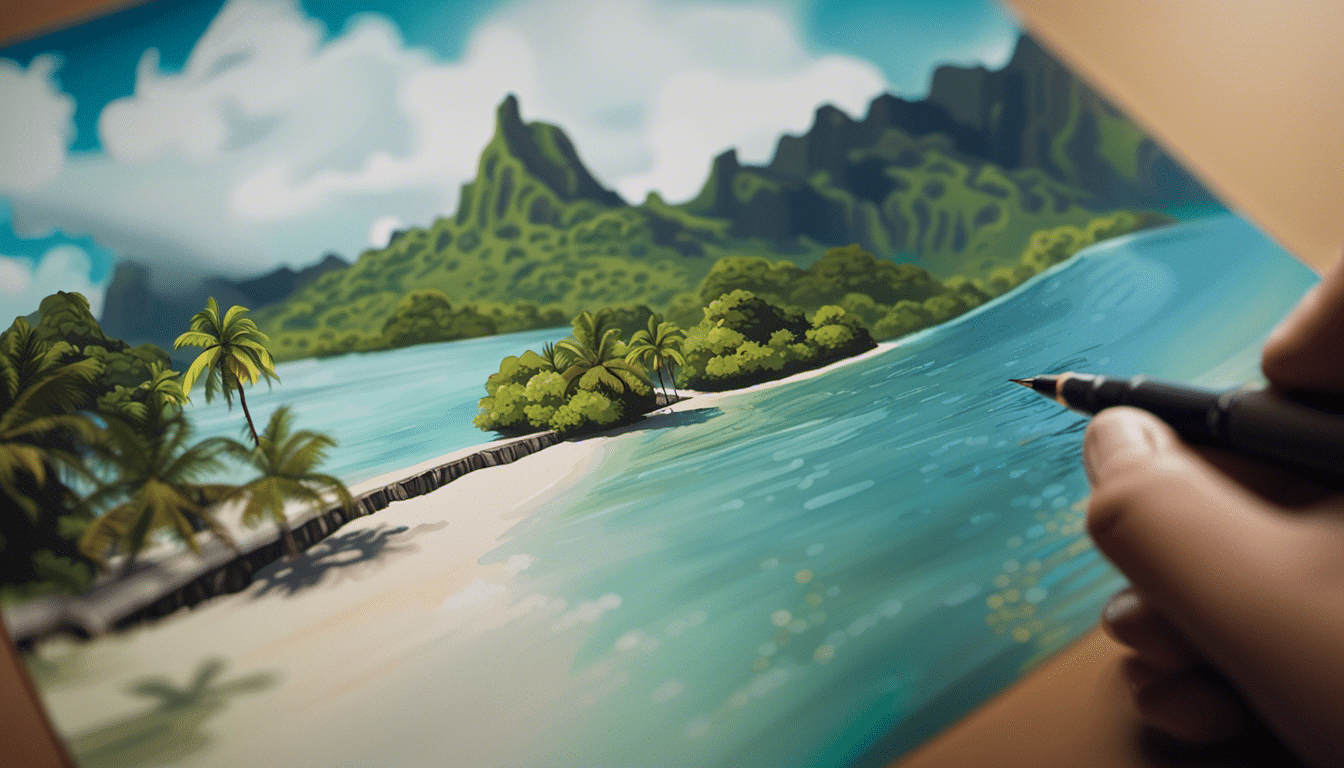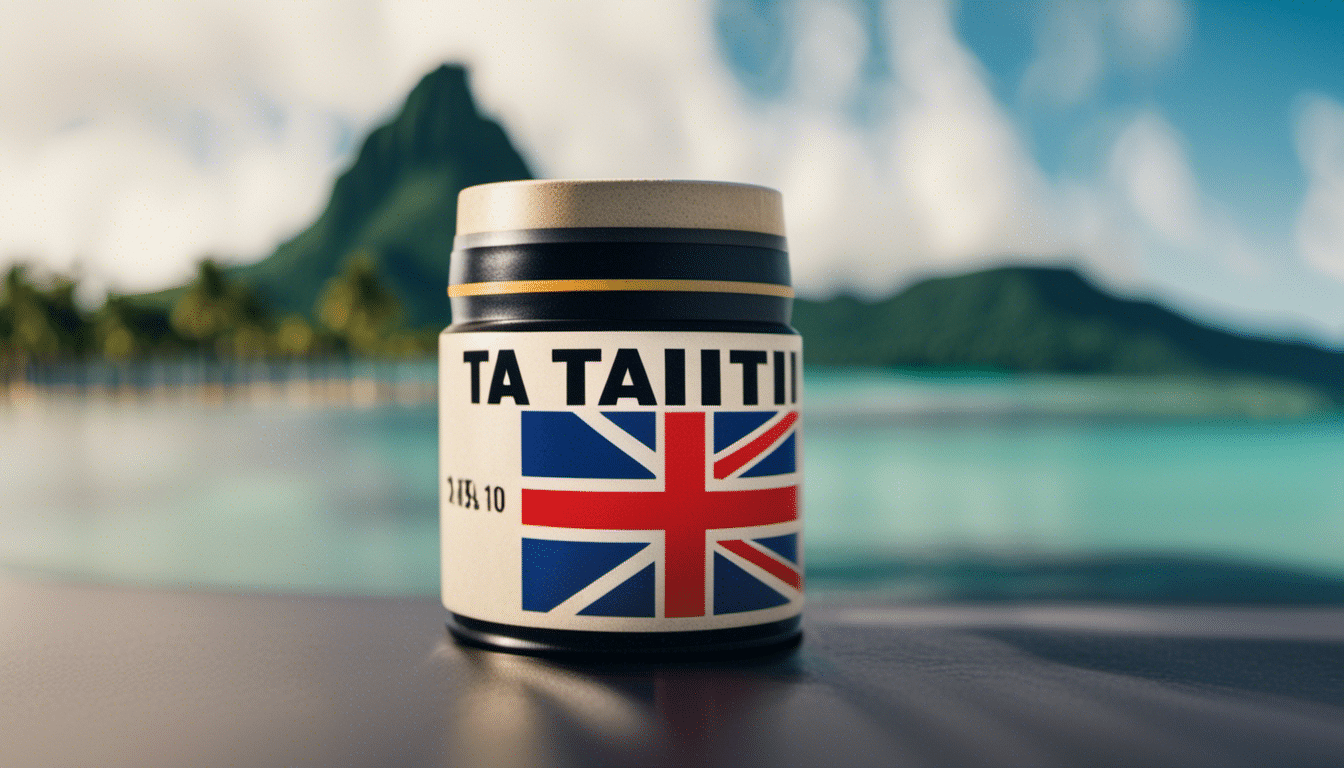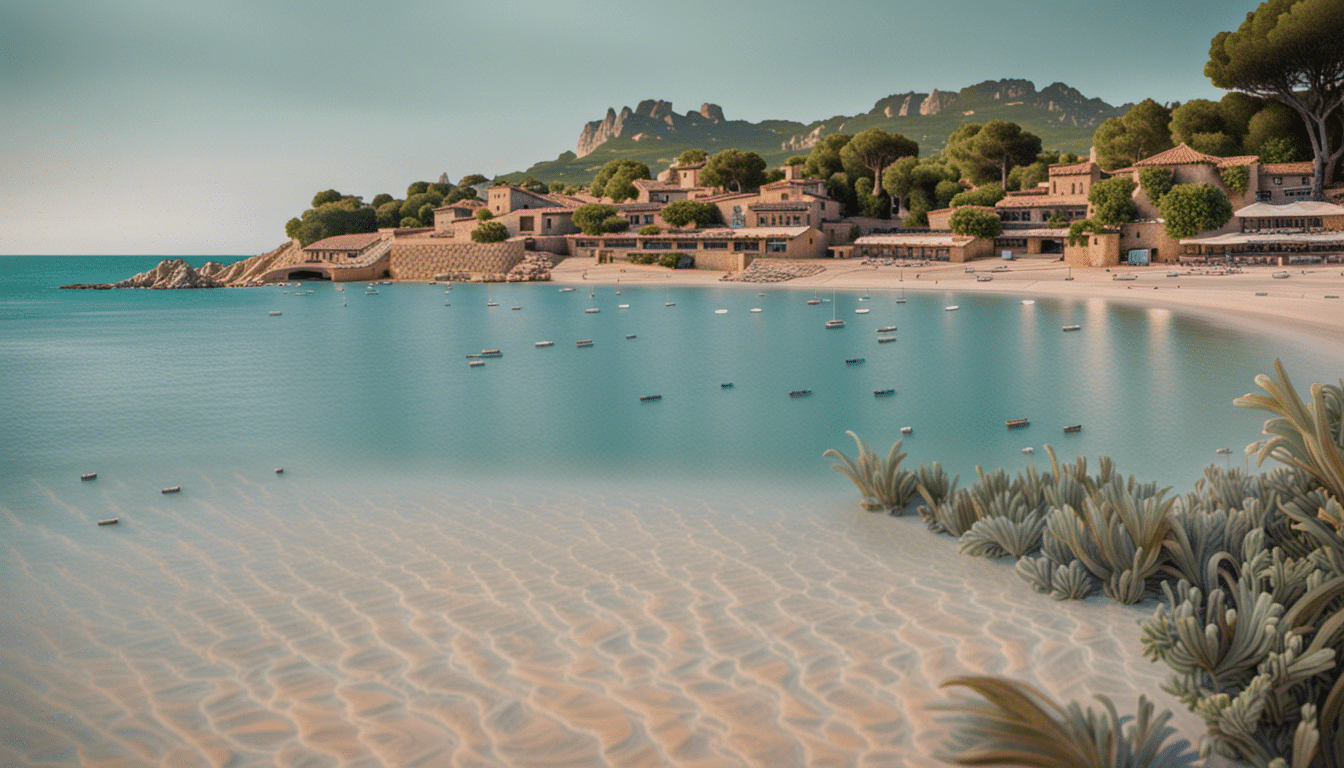Who Discovered Tahiti: History of the Discovery of the Paradise Island
Introduction
Tahiti, a paradise island located in the Pacific Ocean, has become one of the most popular tourist destinations in the world. Yet the discovery of Tahiti is shrouded in mystery and controversy, as there are disputes over who really discovered the island. In this article, we will examine the various claims to determine who discovered Tahiti first.
Tahiti is an island belonging to Society Islands, a group of islands located in the southwestern Pacific Ocean. Before the arrival of the first Europeans in the 18th century, Tahiti was inhabited by Polynesians. However, despite this, there have always been disputes over who actually discovered the island.
The paradise island of Tahiti was discovered by British navigator Samuel Wallis in 1767. The story of this discovery has been documented in travelogues, where Wallis described in detail his observations of local inhabitants, wildlife and the flora of the island. According to Wallis’ writings, the island of Tahiti was extraordinarily beautiful and fertile, with an abundance of food and a rich and complex culture.
The discovery of Wallis paved the way for the arrival of Europeans on the island of Tahiti, which was later colonized by the French in 1842. Although French colonization brought significant changes to Tahitian culture and society, the island has remained a place of fascination for travelers and artists from all over the world. Today, Tahiti is a popular international tourist destination for its white sand beaches, turquoise waters and relaxed atmosphere.
However, Wallis’ discovery of Tahiti is often criticized for the negative consequences it had on Tahitian culture and society. Wallis’ travelogues have been used to justify the exploitation of the island’s natural resources and local people, as well as to justify subsequent colonization. The consequences of colonization were heavy for the Tahitian population, which was deprived of its territory and its culture.
Today, many people look to the history of Tahiti with a critical eye and seek to understand the complexity of the story of the discovery of the island. Wallis’s travelogues can be consulted online on the Encyclopædia Universalis website in the section devoted to the history of Tahiti (https://www.universalis.fr/encyclopedia/samuel-wallis/), offering an opportunity to better understand the travel stories that have shaped the history of this paradise island.
A controversial claim: Wallis and Futuna
The first claim for the discovery of Tahiti is that of the Wallis and Futuna Islands. In 1767, French navigator Samuel Wallis was the first European to see the island. However, Wallis himself did not land on the island, he was simply sailing off the coast of Tahiti when his men spotted the island. Indeed, Samuel Wallis was on his way to the islands of Wallis and Futuna when he came across the Society Islands.
The discovery of Tahiti by Samuel Wallis
The first European to land in Tahiti was British navigator Samuel Wallis. In 1767 he sent a small boat to investigate the island. The crew was greeted by the Tahitians who over time became increasingly hostile. Wallis therefore decided to set sail and left the island soon after.
The claim of Louis Antoine de Bougainville
However, Wallis’ claim has not been the only one for a long time. In 1768, Louis Antoine de Bougainville sailed to Tahiti from France. In his account of the expedition, Bougainville recounts how he became the first European to be welcomed on the island by the Tahitians. However, some historians have cast doubt on this claim based on contemporary reports of the expedition.
A controversial claim: Dutch claims
In addition, the Dutch also issued claims for the discovery of Tahiti. In the 1720s, the Dutch mapped an island they called Tupua’i, which they believed to be Tahiti. However, according to the government of French Polynesia, it was probably the Tuamotu Islands, another archipelago located east of Tahiti.
Who really discovered Tahiti?
In the end, it’s hard to say who really discovered the island of Tahiti. The claims of Samuel Wallis, Louis Antoine de Bougainville and the Dutch are all controversial and disputed. However, what is evident is that the discovery of Tahiti by Europeans had a huge impact on the island and its people.
Conclusion
The discovery of Tahiti is the subject of countless controversies, making it difficult to determine who really discovered the island. Nevertheless, the arrival of Europeans to Tahiti had a huge impact on the island and its people, and their presence continues to shape the island today.





